Column

The best news would be if India didn't send any of the 19 lakhs to Bangladesh. At this moment, there is no indication that this best case scenario is going to happen. Indian capital Delhi has been non-committal at best. They have not said they will send but they never have said they won't. One isn't sure if they are fully in control of the situation either.
Assam's politicos have said they will. Assam's Minister Hemanta Sharma has said that India will ask Bangladesh to take back around 12-14 lakhs. The impact of their arrival will be high, all negative for Bangladesh. It's not a question of political difficulties for the ruling party but the difficulties that the state will have to bear.
As yet the official world appears to be in a state of denial. The FM has said, "it's India's problem". This implies there is nothing we can do about it. But when it involves Bangladesh, how it can remain an internal problem of the sender country is not clear.
Getting ready anyone?
Indian government has said that it will respect the rights of the people excluded in the register till all the avenues of appeal are exhausted. That is fine but India has been careful to avoid any mention of what will happen after the appeals are over. There is no way India can keep them inside when they have been identified as "non-Indians" hence illegal.
Since the cutoff date is March 24, 1971, the direction of where India plans to send is also clear. It would be wiser to believe in the worst and make preparations. Strengthening border guards now is one thing but managing a deluge is another matter altogether. Is Bangladesh ready?
It's also true that India has painted itself into a corner it can't get out of. It may have begun as a vote and support mobilizing tool but has now taken a life of its own. Whether Delhi MOFA likes it or not, the chances of an eviction taking place in perhaps a year or two is very high. That bit is India's internal matter but many others aren't. What Delhi wants is not what Assam wants making the situation sensitive. Delhi wants the Teesta treaty but Mamata Banarjee doesn't which has stalled it. So the final word is only partly with Delhi and the rest lies in Assam.
Bangladesh: A brilliant manager of refugees?
Meanwhile, Bangladesh has become a showcase of denial and less than a competent manager of refugee situations and scenes. The way the Rohingya crisis was and is now being handled is a sobering reminder than our pronouncements are probably good as rhetoric rather than being real solutions. Our Humanitarian state model may have prevented us from taking a sobering look long before the Rohingyas start to walk in. There is concern expressed by all that we may not be able to handle another deluge from Assam. The FM has himself said so and people are now wondering what the repercussions are going to be.
The main concerns
The areas where the impact could be high is in counter-action by an angry population segment against the minorities in Bangladesh, a horrific tit-for tat game. Unfortunately for the Hindus here, the chances of a group taking it out on them for gain and /or revenge is not low. They shall become a collateral victim of Indian action. This will be the worst possible consequence of the Assam attack and many innocent Bangladeshis may suffer. If the Assam push back begins, the push out may happen. It will not be on a similar scale but many elements in society may take advantage of the chaos.
Another issue could be the possible negative impact on Indians working in Bangladesh, few or many. It's the responsibility of the Government to ensure their safety and wellbeing as well as of the outfits hiring them. It's a very scary scenario but there is no way of knowing what the backlash can be so it's best to be ready. A phase of bad relations is inevitable and the authorities should assess the impact of such a potential scenario and its impact.
Official Bangladesh's response to the Rohingya crisis shows that it probably lacks capacity for quick response and that is the reason why the NGOs have been so many there. The current policy of demonizing NGOs is not very understandable as they are providing resources and management which the Government can't offer. It's the responsibility of the Government to regulate them but by trashing them, they are not creating a positive service delivery environment which is a priority. It's better to prepare for a long stay of the Rohingyas and plan accordingly. Scolding NGOs and Rohingyas won't help.
Be prepared for any eventuality
Instead of paying so much attention to diplomacy which gives great profile and as the Rohingya crisis shows, not much in results, it's best to gear up the response mechanism to act when the Assam evictees arrive, if and when they do. That will take a lot of planning and its best to put some contingency actions ready. It's great if they don't come but just in case they do, Bangladesh should look surprised. The warnings are plenty.






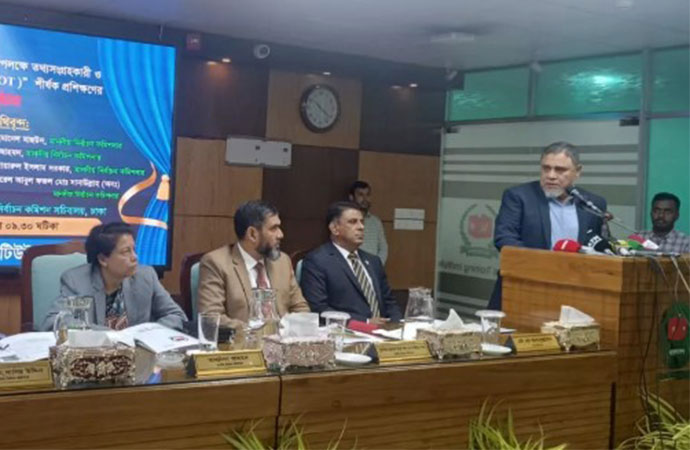
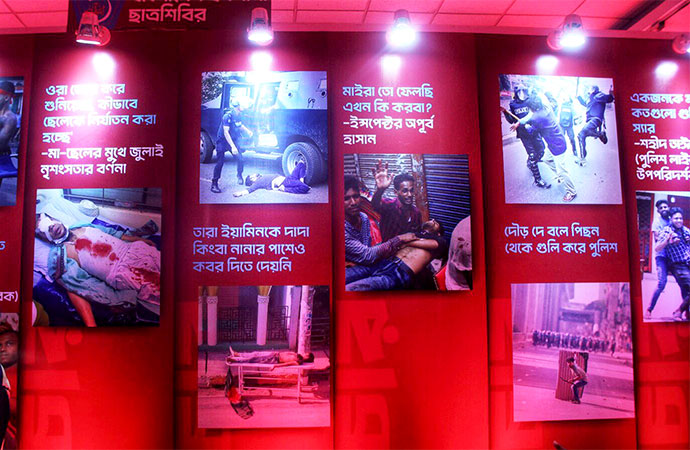
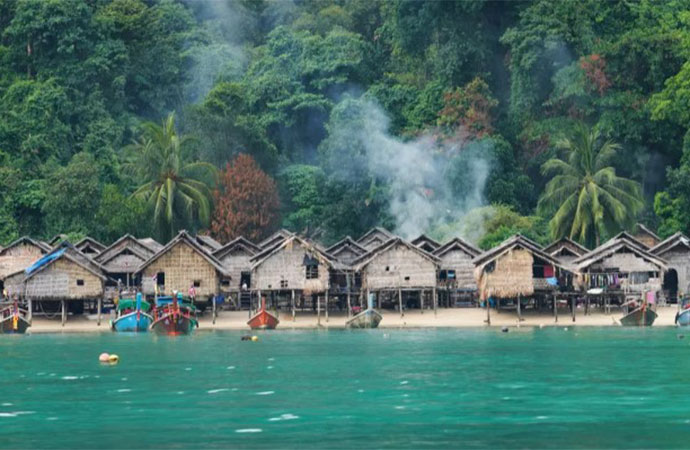


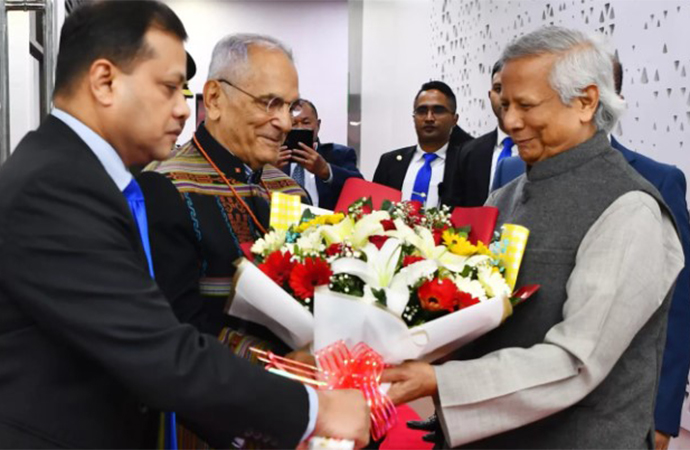
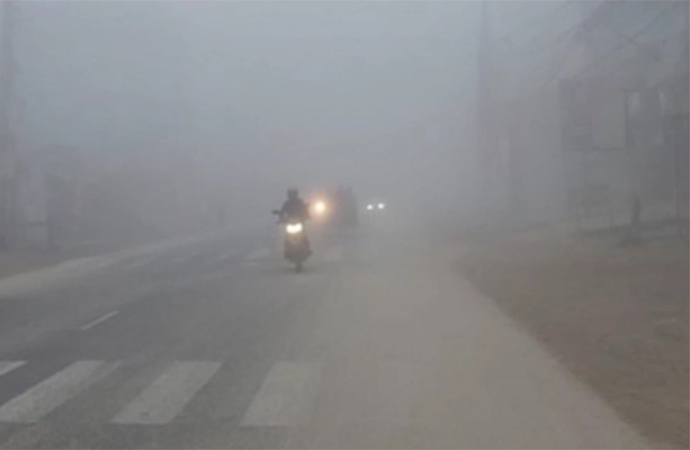












Leave a Comment
Recent Posts
EC will ensure everyone's voti ...
Chief Election Commissioner (CEC) AMM Nasir Uddin on Sunday said the E ...
The Forbidden City: A timeless ...
For foreigners exploring Beijing, the Forbidden City stands as a magni ...
2025: Moin, Mamun elected DCAB president, general se ..
Dhaka's ties with Delhi won’t get stuck on single is ..
Old state, new society
A foreign policy imperative for the year ahead